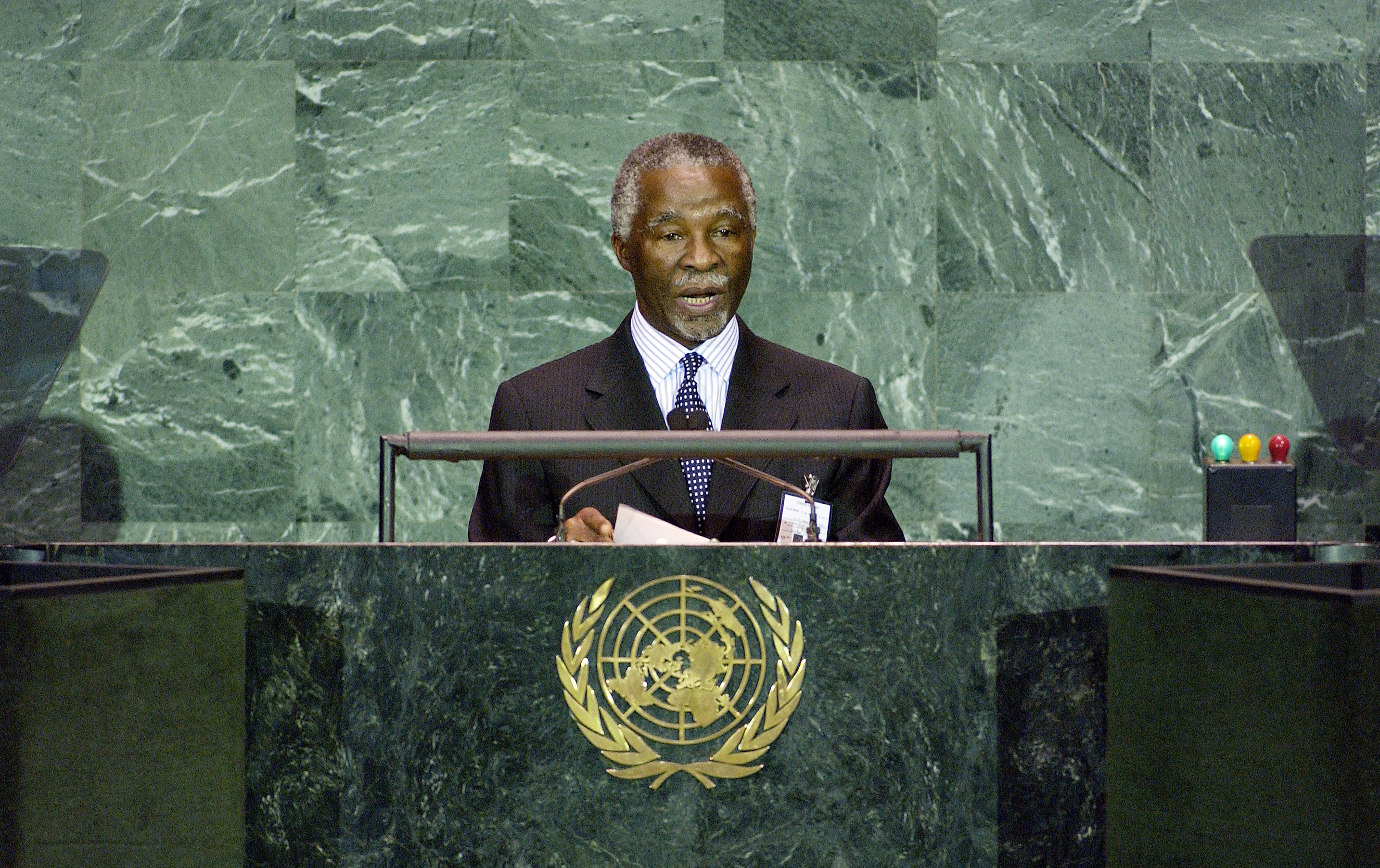
President Thabo Mbeki’s leadership of the peace process, which led to the signing of critical agreements between the governments of Sudan and South Sudan late last month, cannot be underestimated. Had those agreements not been signed, it is likely that the two countries would have gone back to war in the coming year. While they still could, the chances of war will diminish further if President Mbeki and the African Union, or A.U., are willing and able to take bold and specific actions in the coming week to marshal the parties closer to a more comprehensive peace.

